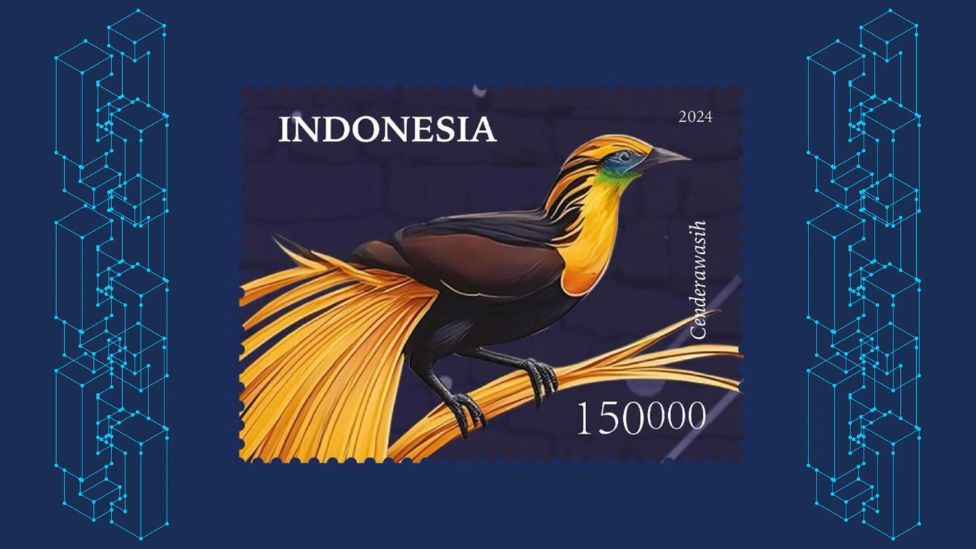In 2021, non-fungible tokens skyrocketed, reaching a peak market size of approximately $41 billion. Although since then, there has been a substantial drop because of volatility, there is a possibility of an upswing in the future. Nonetheless, being knowledgeable about the legal aspects of NFTs is crucial for both NFT buyers and creators. Although there are currently no dedicated laws governing non-fungible tokens, it is crucial to be aware of various legal factors that should be considered when dealing with these digital assets. Here is what you need to know about NFTs in Egypt.
What Is NFT (Crypto)?
A non-fungible token is referred to as a digital asset that can be music, art, videos, in-game objects, and more. Usually, they are encoded with the same underlying software as many cryptocurrencies, and they are bought and sold online, often using digital currency.
NFTs have been around since 2014, but they are just now becoming well-known since they are a common means of purchasing and selling digital art.
What Is The Legal Status Of NFTs In Egypt?
Egypt outrightly banned cryptocurrency activities in the country, and the central bank emphasized that only officially recognized national currencies may be traded in the nation.
In a statement, the Central Bank of Egypt (CBE) underlined how crucial it is to abide by Article 206 of the Central Bank and Banking System Law, which was established by Law No. 194 of 2020 and forbids the issuing of cryptocurrencies, trading in them, promoting them, setting up or running platforms for trading them or carrying out any associated activities.
Interestingly, Egypt, which was previously identified as one of the nations with the most rapid cryptocurrency growth rates globally, no longer ranks among the top 30 countries according to the MENA Geography of Cryptocurrency research conducted by Chainalysis.
Egypt is handling the challenges of regulating cryptocurrencies and related technology, much like many other nations. Although any laws do not expressly cover NFTs, they may be subject to current regulations pertaining to digital transactions, intellectual property, and securities.
Is Crypto Taxed in Egypt?
There is no direct cryptocurrency taxation policy in Egypt. However, gains from trading cryptocurrencies can be subject to standard income tax regulations. Basically, income from any source, including trade, commercial operations, professional services, and other occupations, is subject to income tax in Egypt.
The Egyptian Tax Authority has not yet released comprehensive guidelines regarding the taxation of cryptocurrency. As a result, those who trade or invest in cryptocurrencies are encouraged to consult tax experts in order to determine their precise tax obligations.
Takeaways
With the increasing popularity of NFTs in Egypt, regulators are expected to soon focus on this growing sector. By establishing definite rules, regulators can help protect market participants from potential risks and give them a sense of assurance.
















